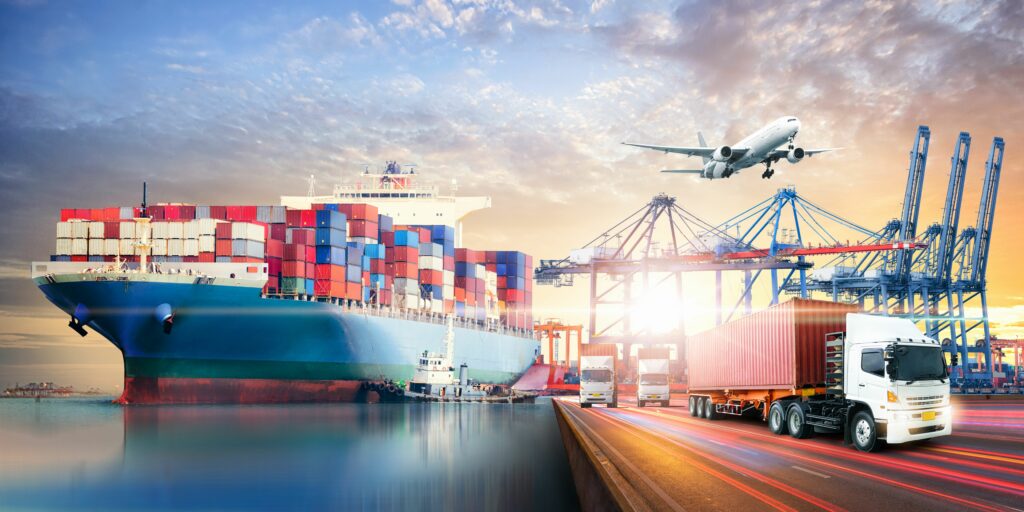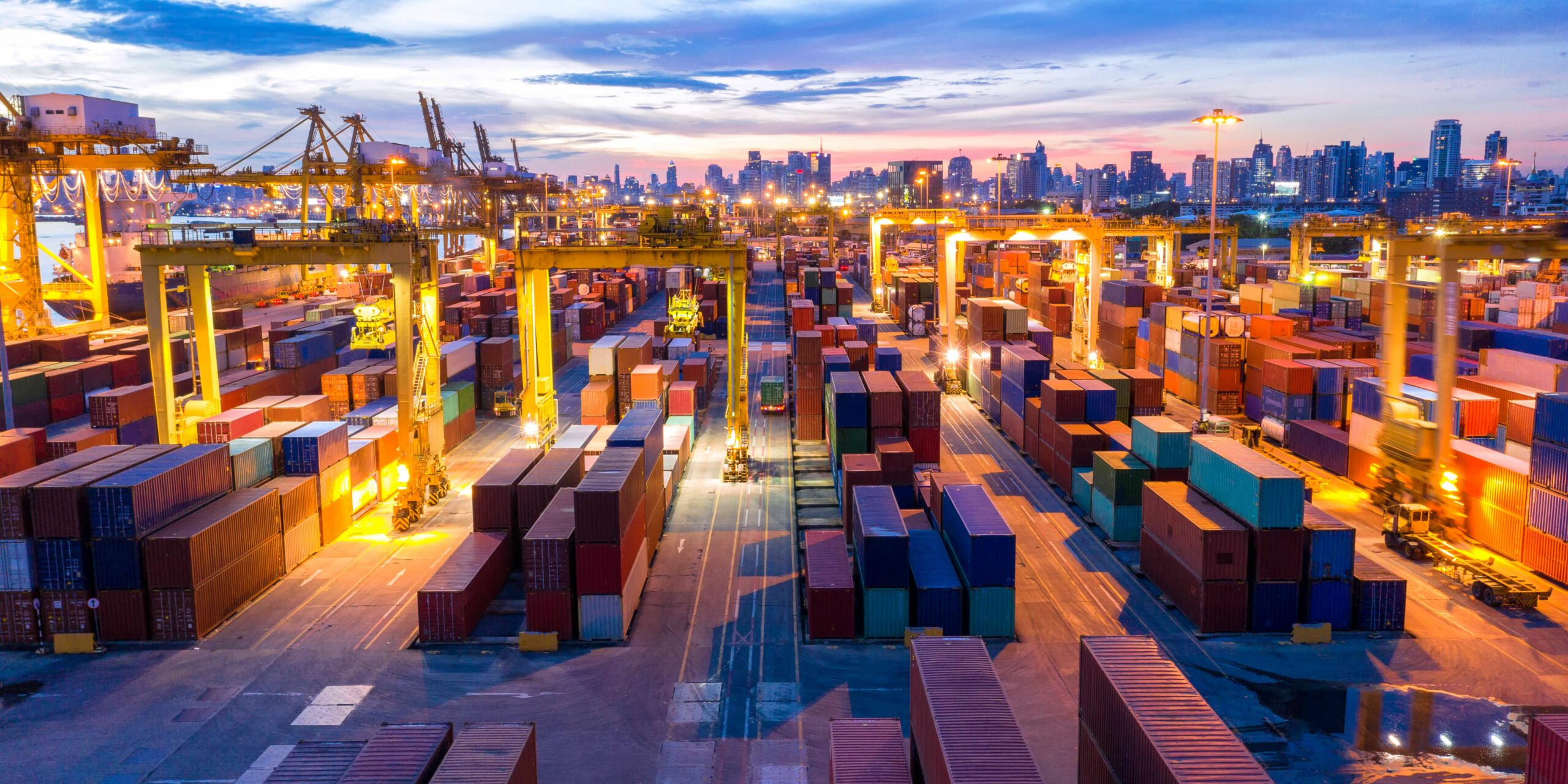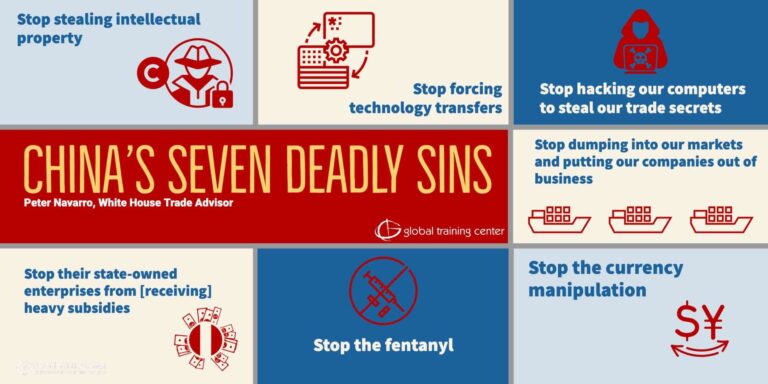Controlled Power in China, US Pursuit of Indo-Pacific Partnership, and another Red Sea decline
Decline in Red Sea Shipping Amidst Regional Unrest
According to a report by the Kiel Institute for the World Economy, container shipping through the Red Sea and Suez Canal has experienced another decline due to the ongoing conflict in the Middle East. The number of containerships using this route, which connects Europe to Asia, has fallen from over 100 a year ago to approximately 40 ships per day. After recovering to around 50 ships, the number has decreased again. The impact of rerouting ships around Africa has lessened, alleviating disruptions to shipping frequencies in North Sea ports in mainland Europe.
- Container shipping through the Red Sea and Suez Canal has declined again due to the conflict in the Middle East.
- The number of containerships using this route has decreased from over 100 to around 40 ships per day.
- After a temporary recovery, the number of ships has declined again, impacting international trade.
- Rerouting ships around Africa initially caused disruptions but has contributed to easing the impact on shipping frequencies in North Sea ports in mainland Europe.
- Spot rates for standard containers shipped from China to northern Europe have fallen to $4,500 after reaching a high of $6,000 in January.
China’s Meticulously Staged Congress Sends a Message of Controlled Power
Nearly 3,000 delegates gathered for a highly choreographed annual event at the recent National People’s Congress (NPC) in China. The focus of the congress was on granting more control to President Xi Jinping and emphasizing national security. The NPC delegates vowed to enact bills to enhance China’s system and capacity for national security. Additionally, the Communist Party increased its control over the cabinet, broke with tradition by canceling the premier’s annual news conference, and presented highly choreographed interactions during press conferences.
Highlights:
- The National People’s Congress in China emphasized granting more control to President Xi Jinping and placing a deeper focus on national security.
- Nearly 3,000 delegates gathered for the highly choreographed and closely watched annual event, which provides insight into China’s political system.
- The NPC vowed to enact laws to modernize China’s national security system and capacity while revising laws on national defense education and state secrets.
- The Communist Party increased its control over the cabinet and broke a 30-year tradition by canceling the premier’s annual news conference.
- Press conferences during the event appeared highly choreographed, with interactions carefully planned to present a positive image of China and its diplomacy.
US Aims to Woo Indo-Pacific as ‘Partner of Choice
The U.S. is looking to fortify economic ties in the region and promote the Philippines as a key hub for regional supply chains and investment. Raimondo aims to deepen economic engagement in the Indo-Pacific and strengthen economic and commercial ties. The visit comes at a time when the U.S. is increasing security engagements with the Philippines to counter China’s actions in the South China Sea and near Taiwan. The United States wants to be the economic partner of choice in the region and is demonstrating its commitment through these engagements.
Highlights:
- U.S. Commerce Secretary Gina Raimondo is leading a trade and investment mission to the Philippines and Thailand to strengthen economic ties in the Indo-Pacific region.
- Raimondo plans to promote the Philippines as a key hub for regional supply chains and investment in support of the U.S. Indo-Pacific Strategy.
- The visit aims to deepen economic engagement and strengthen economic and commercial ties in the Indo-Pacific, which is home to some of the world’s fastest-growing economies.
- The United States is increasing security engagements with the Philippines to counter China’s aggressive actions in the South China Sea and near Taiwan.
- Raimondo emphasizes that the United States is not asking countries to choose between China and the U.S., but rather wants to be the economic partner of choice by consistently showing up and demonstrating collaboration.

International Logistics
If you’ve ever considered expanding your expertise in the dynamic field of logistics and supply chain management, now is the perfect time to take the plunge. Sign up now for an upcoming course:








